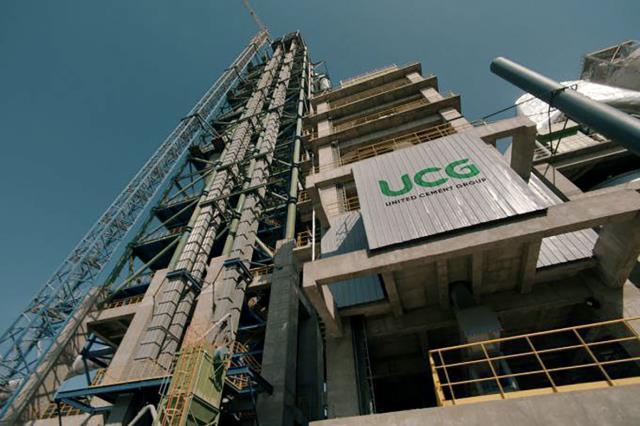Kyzylkumcement, the leading cement producing plant of Uzbekistan and the flagship of UCG Holding, has presented detailed plans on its large-scale modernisation project and discussed the results of its zero test with KHD Humboldt Wedag, during the 2023 PetroCem International Conference.
Kyzylkumcement JSC's General Director, Sergey Melnikov, reported that a meeting with the management of the engineering company KHD led to a technical audit at the plant, which made it possible to forecast the kiln modifications and the reduction of gas consumption at the plant. The aim of the zero test conducted at Kyzylkumcement is to take parameters of equipment operation, consumption of fuel and energy resources, quantity of output per hour, and operation of aspiration systems at a stable operating technological line.
“The results will allow us to eliminate shortcomings and make corresponding decisions on modernisation of separate units and aggregates, which should lead to a decrease of production cost of clinker,” said Mr Melnikov. “In addition, we have already reached an agreement on further cooperation to modernise the first and second production lines of the plant.”
Until recently, Kyzylkumcement, which is the largest cement plant in Uzbekistan, operated three production lines launched back in the Soviet era. Within the framework of the state policy on localisation of production the enterprise was transferred to the management of the investment partner United Cement Group, which invested in the launch of a new production line. Thanks to this, the plant increased the production of the three technological lines to 3Mta of clinker and 3.6Mta of cement. Expansion to 5.4Mta of clinker production is underway with the construction of a fourth dry-process clinker production line with a capacity of 5500tpd.

Kyzylkumcement announces large-scale modernisation plans
"The fourth clinker production line is equipped with a modern rotary kiln with a six-stage single-branch cyclone heat exchanger and decarbonising reactor, a clinker cooler, a vertical roller mill with a capacity of 215tph for preparation of raw meal and other auxiliary equipment and components," Mr Melnikov told colleagues. “Rational use of existing production capacities and facilities allows to implement the project without additional investments in the technological chain of delivery and preparation of raw materials.”
It is expected that the commissioning of the new technological line will be the first large-scale expansion of the enterprise since the Soviet period and will increase the production of cement clinker by 1.8Mta and cement by 2.1Mta. UCG expects to reduce the cost of a tonne of cement by 30 per cent by increasing the energy efficiency of the enterprise.
According to Mr Melnikov, UCG's earliest modernisation plans include renovation of lime burning kilns (increasing the capacity from 288 to 400tph), construction of polypropylene valve bags plant, completion of the first and second technological lines for clinker burning, as well as reconstruction of the raw materials workshop with transferring grinding stations to roller presses to reduce power consumption.
The strategic long-term goal of UCG Holding under whose leadership the cement flagship of Uzbekistan is modernised is to reduce consumption of fuel and energy resources at Kyzylkumcement, introduce environmentally friendly technologies and fully upgrade the equipment to international standards.
